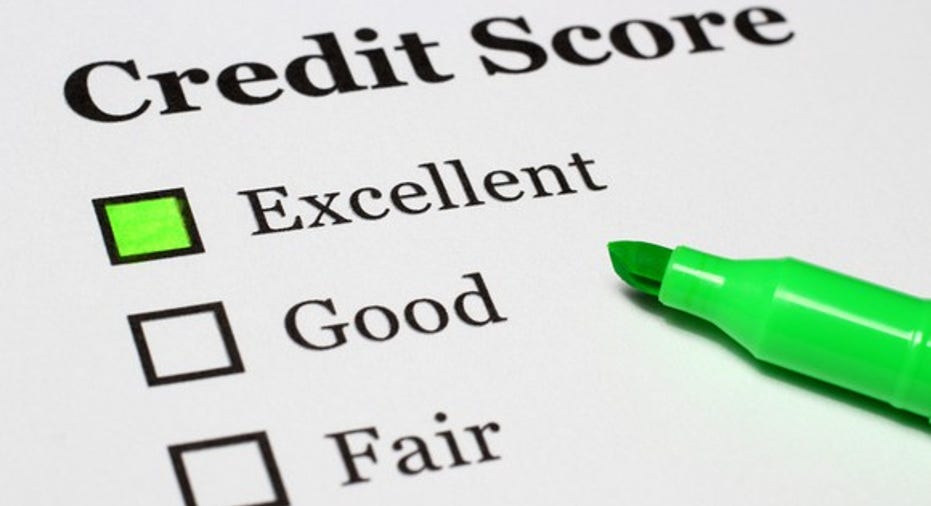The Worst States for New Homebuyers

"We all need to save money to send our kids to college, to buy our first house, and to retire. But the truth is that most of us don't save very much." -- Timothy Noah
Buying a home is a common goal for many of us, but some of us will have an easier time of it than others. That's partly because where you buy your first home can make the process easier or harder for you.
Image source: Getty Images.
Let's assume that you've figured out how much house can you afford, you've saved a lot of money for a down payment, you've compared mortgage rates, and you've gotten pre-approved for a mortgage. Depending on where you live, though, you may find it easy or not so easy to transform from renter to homeowner. Here are the worst states for new homebuyers.
Indicators for success
The folks at Bankrate.com recently studiedall 50 states and ranked them according to how easy or hard it is in each to buy one's first home. They based their rankings on the following key factors:
- Housing affordability: This is an obvious one, because if you live in a region where homes have steep values, it will be harder to save up a down payment and your monthly payments will likely be high, too. The Los Angeles-Long Beach-Glendale region, for example, had a mediansale price for existing homes of more than $500,000 at the end of 2016 -- and median prices around San Diego, Anaheim, San Jose, and San Francisco were much higher. Image source: Getty Images.
- Credit availability: It's also helpful if your loan application is likely to be approved. According to the folks at NerdWallet, for example, the average mortgage approval rate nationwide was recently88.2%. It topped 91% in Alaska and Minnesota and was only 83% in Florida. Factors making approvals more likely include having a low debt-to-income ratio, having held a steady job for at least a few years, having a high credit score, and being able to make a 20% down payment.
- The job market: New homebuyers are often young adults, developing their careers. Thus, regions with a booming job market are welcome places in which to buy homes -- though a booming economy can also lead to steep property values. At the very least, though, high unemployment levels in a region will make it less suitable for new homeowners.
- Homeownership among folks younger than 35: This is a good indicator of how successful new homebuyers are in a given region.
- The tightness of the housing market: If there simply aren't a lot of homes for sale, relative to the number of people seeking them, it will be harder to land that new home. Prices will likely be driven up, as well.
The worst states for new homebuyers
So which states, then, ended up in the bottom of the rankings? Well, here are the bottom 10, in worsening order:
- Massachusetts
- Oregon
- Colorado
- Texas
- Rhode Island
- Mississippi
- Louisiana
- New York
- Hawaii
- California
Image source: Pixabay.
Each of these states ranked high for a different combination of negative attributes. Among the bottom five, for example, California, the lowest-ranking state, ranked extremely low in all measures except credit availability. Homeownership among millennials was its worst score, reflecting a lack of success for many when it comes to buying a first home. Hawaii scored rare zeros for housing affordability and homeownership among millennials. Clearly, these two factors are very related. The recent median home value in Hawaii isa whopping $589,000, with the median price of homes for sale even higher. If you can afford a home in Hawaii, its credit availability score is good and its job market is respectable. New York is another state with very high home values -- in certain desirable area -- and overall, its millennial homeownership score is low. Louisiana is more of a mixed bag, with very affordable homes and respectable millennial homeownership but a relatively poor job market, a tight housing market, and somewhat low credit availability. Finally, Mississippi offers affordable homes and a very not-tight housing market -- but a poor job market and somewhat low credit availability.
You may not be able to avoid buying your first home in one of these less-promising states, but all is not lost. A poor overall job market might not matter that much if your employment is assured. If homes are pricey, you may be able to find lower prices by looking in spots further away than your ideal location. You may need to settle for less house, too -- perhaps a smaller one or one with fewer wonderful features. If you're handy, you might get away with a fixer-upper. You can counter relatively low mortgage approval rates by being a financially strong applicant.
Go ahead and dream of becoming a homeowner -- but do more than dream, too. Save aggressively so that you have a solid down payment, and read up on homebuying, too. The savvier you are, the greater your chance of snagging a gem at a great price.
5 Simple Tips to Skyrocket Your Credit Score Over 800!Increasing your credit score above 800 will put you in rare company. So rare that only 1 in 9 Americans can claim they're members of this elite club. But contrary to popular belief, racking up a high credit score is a lot easier than you may have imagined following 5 simple, disciplined strategies. You'll find a full rundown of each inside our FREE credit score guide. It's time to put your financial future first and secure a lifetime of savings by increasing your credit score. Simply click hereto claim a copy 5 Simple Tips to Skyrocket Your Credit Score over 800.
The Motley Fool has a disclosure policy.



















